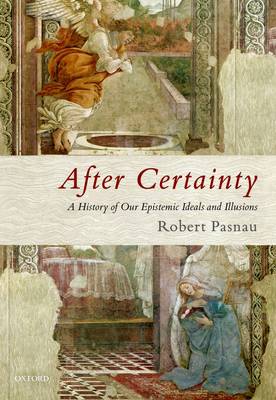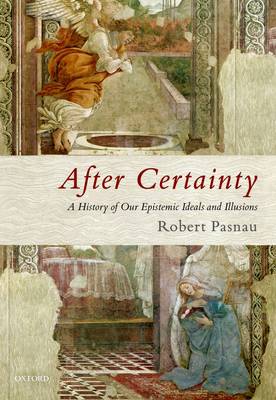
- Retrait gratuit dans votre magasin Club
- 7.000.000 titres dans notre catalogue
- Payer en toute sécurité
- Toujours un magasin près de chez vous
- Retrait gratuit dans votre magasin Club
- 7.000.000 titres dans notre catalogue
- Payer en toute sécurité
- Toujours un magasin près de chez vous
126,95 €
+ 253 points
Description
No part of philosophy is as disconnected from its history as is epistemology. After Certainty offers a reconstruction of that history, understood as a series of changing expectations about the cognitive ideal that beings such as us might hope to achieve in a world such as this. The story begins with Aristotle and then looks at how his epistemic program was developed through later antiquity and into the Middle Ages, before being dramatically reformulated in the seventeenth century. In watching these debates unfold over the centuries, one sees why epistemology has traditionally been embedded within a much larger sphere of concerns about human nature and the reality of the world we live in. It ultimately becomes clear why epistemology today has become a much narrower and specialized field, concerned with the conditions under which it is true to say, that someone knows something. Based on a series of lectures given at Oxford University, Robert Pasnau's book ranges widely over the history of philosophy, and examines in some detail the rise of science as an autonomous discipline. Ultimately Pasnau argues that we may have no good reasons to suppose ourselves capable of achieving even the most minimal standards for knowledge, and the final chapter concludes with a discussion of faith and hope.
Spécifications
Parties prenantes
- Auteur(s) :
- Editeur:
Contenu
- Nombre de pages :
- 400
- Langue:
- Anglais
Caractéristiques
- EAN:
- 9780198801788
- Date de parution :
- 10-02-18
- Format:
- Livre relié
- Format numérique:
- Genaaid
- Dimensions :
- 249 mm x 178 mm
- Poids :
- 938 g







